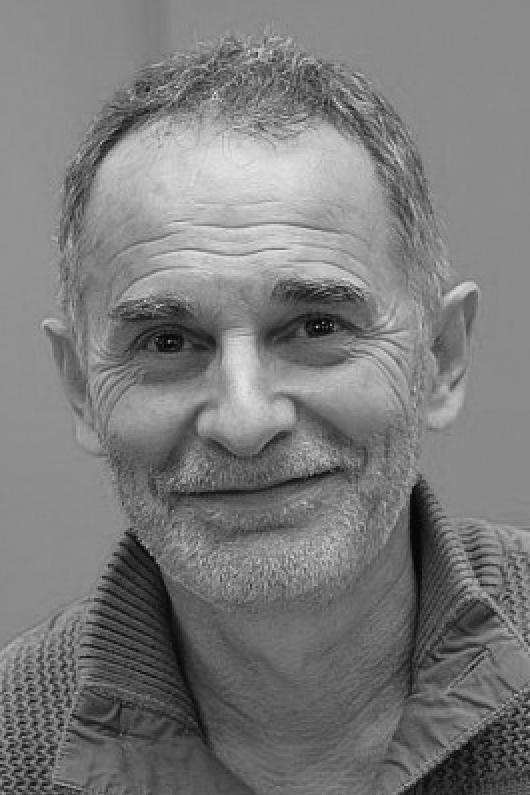 Vincent Prunet (Inria)
Vincent Prunet (Inria)
Founder of denimbo
"When it became clear that our software was dramatically improving the workflow of application developers, I launched the startup project."
Interview - 16/06/17
Read more on https://denimbo.com
Vincent Prunet (Inria) has launched a start-up project based on Hop.js, a software suite dedicated to IoT applications development. The Labex UCN@Sophia is proud to have contributed to this adventure. Thanks to him for sharing a few words about it!
> You have just created a start-up. What product do you work on? What is your target market?
Our mission is to democratize the development of software applications for the Internet of Things.
Today, more and more companies develop IoT products, often extending existing conventional products with embedded intelligence and connectivity in order to deliver innovative services based on the remote control and monitoring of things. An IoT application is a complex mixture of embedded software, mobile and cloud applications, distributed software architecture, protocols, and security. No need to say that it's really hard to develop such a complex application. If you add the legitimate requirement that the development process should be agile, with fast and frequent updates, very few companies are able to reach the objective, and it costs them a lot.
We develop a software suite that allows IoT application developers to quickly build flexible, robust, and secure distributed applications. It is called Hop.js. There is a lot of technology inside, it is a lot of work to design a software that is powerful and simple to use.
> How did this adventure begin?
The project was born at Inria Sophia Antipolis – Méditerranée, in the Indes research team. About ten years ago, Manuel Serrano invented Hop, a programming language and runtime environment for Web applications.
I joined the team in 2012, to foster the transfer of this technology to the industry. I had previously led the definition, marketing and sales of high tech software products in startup companies, and I also had a technical background from previous positions at Inria and Orange R&D laboratories. All of these past experiences proved useful in my new job.
The development of Hop.js, a market oriented successor of Hop, began in 2013 and we started to deploy the software in partner projects one year later, embedding Hop.js to drive robots.
When it became clear that our software was dramatically improving the workflow of application developers, I launched the startup project, supported by Inria.
> What was the input of the Labex in your project?
The Labex UCN@Sophia gave us the opportunity to develop user applications and test the features and usability of our framework on real use cases. A young engineer joined the team, during one year he developed connected medical applications using Hop.js. All these applications have been deployed and used by professional medical teams, leading to constant improvements all along the pilot phase.
At the end of the year, we had implemented many new features in our system to support the requirements of user applications, such as an improved security and interoperability with third party software, We had removed bottlenecks in the development process of user applications, to make it simpler and faster.
> What is the most important thing you are working on right now?
We are working with semi-conductor and IoT module vendors to integrate the Hop.js technology on most embedded platforms including low power micro-controllers. Our goal is to provide the application developer with the same building blocks (the API and the runtime environment to host programs) on any platform, including micro-controllers, embedded linux gateways, smartphones, and cloud servers. We are also working to improve the developer environment for our users.
> What is your development plan for the coming year?
We are supported by the PACA Est Business Incubator, they do a fantastic job to help accelerate the building and development of startup companies. We have moved from Inria to the Business Pole Building, where we will likely stay for about a year, while we develop our business, and also empower the team with new talents.
